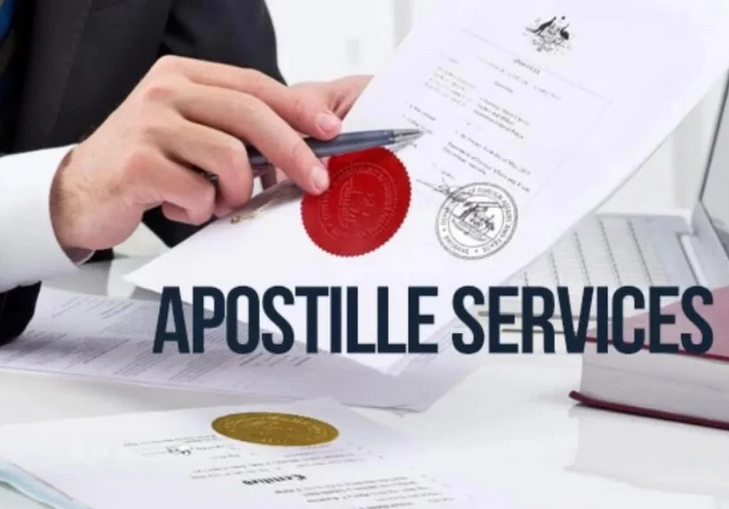Relied On Apostille Providers in Houston, Texas - Fast Turnaround
Wiki Article
Diving Into the Reasons Behind the Required Need of Apostille Qualification for Legal Papers
In the realm of lawful documents, the necessary need of apostille qualification has actually become a vital aspect that significantly affects the credibility and acknowledgment of legal documents on an international scale. Understanding the rationale behind this requirement includes delving into the intricate web of lawful complexities, historical criteria, and international contracts that highlight the significance of apostille qualification in today's interconnected globe. By exploring the underlying factors behind this widespread requirement, a more clear image emerges of why this apparently governmental process holds such enormous value for companies, people, and federal governments alike.Historic Evolution of Apostille Accreditation
How did the idea of apostille qualification develop over time to come to be a vital part of international paper recognition? The requirement for a simplified method of verifying papers for usage throughout boundaries became apparent as worldwide trade and travel enhanced.Originally adopted by a couple of European countries, the Apostille Convention gradually obtained global acceptance due to its performance and performance in validating the authenticity of official documents. Over the years, the convention's reach increased as even more countries joined, acknowledging the apostille as a globally approved kind of file authentication. Today, apostille accreditation has actually come to be a common demand for verifying lawful papers in global deals, ensuring smooth interaction and legal proceedings between nations.
Simplifying International Record Legalization
The streamlining of global file legalization treatments has dramatically improved effectiveness in cross-border purchases. Streamlining the procedure of legislating records for global use has actually come to be essential in facilitating swift and smooth purchases in between nations. One of the vital systems that have added to this simplification is the adoption of the Apostille Convention, which provides a standard method for validating the credibility of papers throughout getting involved countries.By sticking to the Apostille demands, countries agree to identify each other's public documents as legitimate without the need for additional legalisation. This eliminates the usually difficult and extensive procedure of multiple authentications by different authorities, saving time and resources for services and people taken part in international tasks.

Making Sure Document Authenticity and Credibility
To make sure the authenticity and legitimacy of legal documents in global transactions, rigid verification procedures are essential. By calling for apostille qualification for lawful documents, authorities intend to validate the beginning of papers and confirm the trademarks of people involved.Moreover, confirming the authenticity of legal papers via apostille certification boosts trust fund and self-confidence among events participating in global deals. It offers assurance that the records presented are authentic and legally binding, therefore reducing the threats related to illegal tasks. Additionally, guaranteeing document credibility via apostille certification streamlines the legalization process, making it much more reputable and reliable for organizations and individuals performing business across boundaries. Ultimately, by supporting strict verification requirements, apostille accreditation adds to a much more protected and clear global legal structure.

Helping With Cross-Border Legal Acknowledgment
In the world of worldwide deals, the apostille qualification not only ensures the credibility and legitimacy of legal records however also plays a pivotal duty in facilitating cross-border legal recognition (Houston Apostille). When legal documents bear an apostille certificate, they are easily approved by international authorities without the demand for further confirmation. This structured procedure speeds up the acknowledgment of files in find out different countries, promoting effectiveness and reducing governmental difficulties in legal issues that transcend national limitsFacilitating cross-border legal acknowledgment with apostille qualification fosters trust and confidence in the authenticity of files traded between countries. This recognition is especially essential in situations such as international company deals, adoption procedures, or legal procedures entailing parties from various jurisdictions. By sticking to the standards established forth by the Apostille Convention, nations agree to honor the apostille seals attached to papers from other participant nations, therefore streamlining the process of legal recognition throughout boundaries. Inevitably, the apostille qualification serves as a basic device in promoting seamless worldwide legal cooperation and guaranteeing the smooth operation of cross-border transactions.
Conformity With International Treaty Standards
Conformity with international treaty standards is imperative for making sure the uniform application of lawful regulations across taking part nations. The Apostille Convention, established in 1961, lays out the requirements for the approval of public papers amongst member countries. By sticking to the standards set forth in this treaty, nations devote to identifying the validity of each various other's official papers without the demand for further verification - Houston Apostille. This common acceptance improves the process of cross-border file acknowledgment, promoting efficiency and minimizing bureaucratic hurdles.The Apostille certification, as mandated by the treaty, offers as a warranty of authenticity for papers such as birth certifications, marital relationship licenses, court judgments, and notarized deeds. This standard approach helps protect against fraudulence and makes certain that lawful papers stemming from click resources one member nation are readily accepted in an additional. Furthermore, by complying with international treaty standards, countries demonstrate their dedication to upholding the concepts of openness, depend on, and participation in legal matters on a worldwide range.
Conclusion

In the navigate here world of lawful documents, the compulsory need of apostille accreditation has actually become an essential aspect that dramatically influences the credibility and recognition of legal documents on a worldwide scale. Today, apostille accreditation has ended up being a typical requirement for confirming legal documents in global deals, ensuring smooth interaction and lawful process between countries.
Furthermore, validating the authenticity of lawful documents through apostille certification improves trust fund and self-confidence amongst events involving in worldwide deals.In the realm of global purchases, the apostille qualification not just ensures the credibility and legitimacy of legal files but also plays a crucial function in facilitating cross-border legal recognition. By sticking to the criteria established forth by the Apostille Convention, nations concur to honor the apostille seals attached to records from other participant nations, hence streamlining the procedure of legal acknowledgment throughout borders.
Report this wiki page